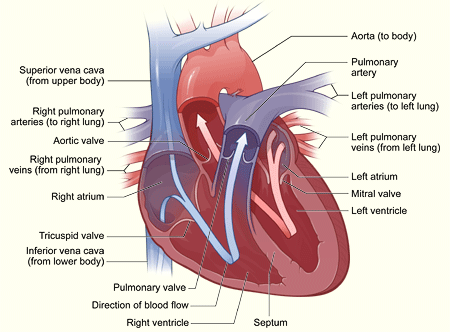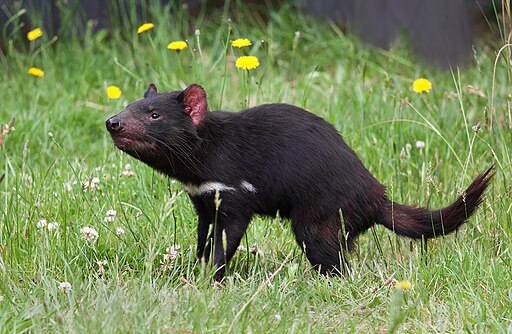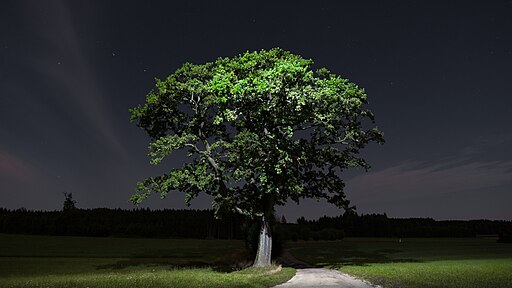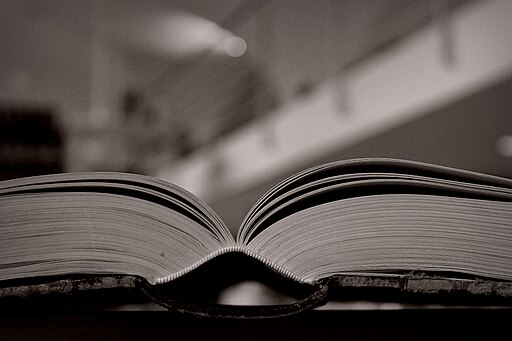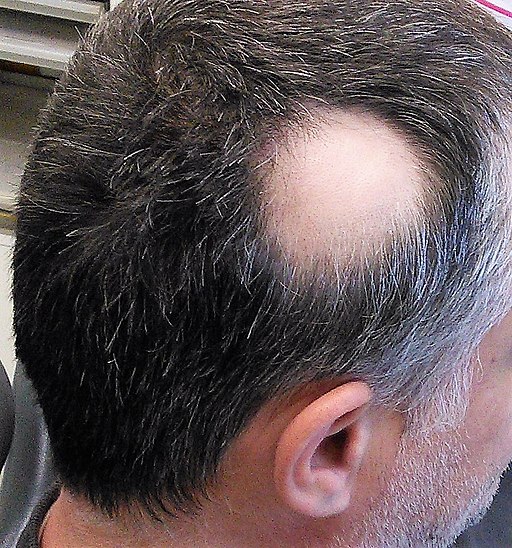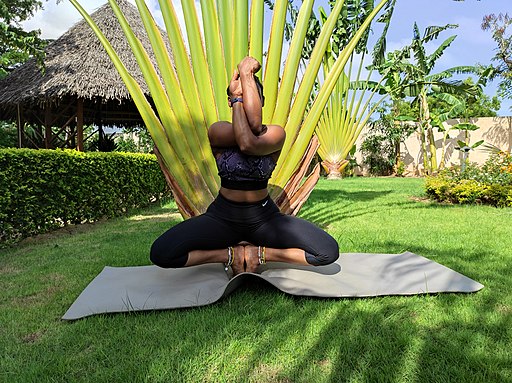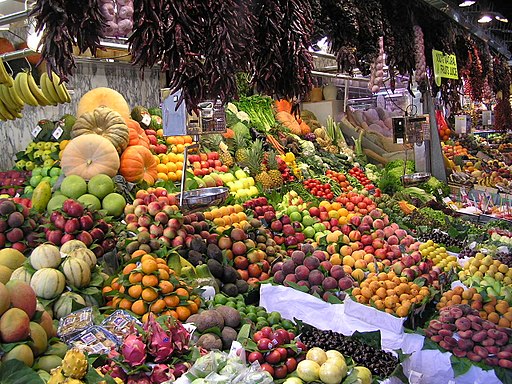
Your mother was right. You should eat your vegetables! A new study from Imperial College London has found that increasing your daily fruit and vegetable consumption to 10 servings per day (from the current five) would prevent 7.8 million premature global deaths.
After conducting a meta-analysis of 95 different studies which looked at daily fruit and vegetable intake, eating 10 portions of fruits and vegetables a day was associated with a 24% reduced risk of heart disease, a 33% reduced risk of stroke, a 28% reduced risk of cardiovascular disease, a 13% reduced risk of total cancer, and a 31% reduction in dying prematurely.
This is all well and good, but the information will be of little use to you if you already find it difficult to eat just 5 servings of fruits and vegetables a day, as is the case for 2/3 of North Americans.
For those who struggle to increase their fruit and vegetable intake each day, here are some tips which may be of help to you:
Firstly, when preparing your meals, envision that half of your plate should be filled with vegetables. The remaining half can be divided equally into a protein source and a carbohydrate. Then, ensure that you cook or prepare enough vegetables so that each family member can cover half their plate with them.
Secondly, try to include a fresh fruit or vegetable with every meal and snack. For example, instead of eating scrambled eggs on their own, add spinach, avocado and/or tomatoes. If you’re eating oatmeal for breakfast, sprinkle some fresh fruit over the top. For daily snacks, prepare and eat a fruit and vegetable smoothie rather than a cookie or crackers. Or, you can eat chopped vegetables dipped in humus. Also under-rated: just eat a piece of fruit. Apples, pears and bananas are already packaged for easy transport and can easily be added into packed lunch bags.
Thirdly, one pot meals are great ways to ensure you’re eating your vegetables. If you’re preparing a stew or a soup, be sure to add plenty of carrots, celery, spinach, kale, sweet potato, or beans. Soups were always my favourite way to get my kids to eat vegetables when they were young. Vegetables that they would typically shun at other times were often eaten with relish when pureed into a soup. An added benefit of eating cooked vegetables over raw vegetables is that the heat breaks down the cellulose matrix (plant fibre) in cooked foods, making all nutrients more readily available for your body than when they are eaten in raw form.
Finally, consider yourself an artist with your meals. If your plate contains nothing but dull browns and whites, you need to liven it up a bit. Even if you have little time for food preparation, you still eat canned soup, frozen meals, or other prepared food. Just be sure to add some extra colour and nutrients to them by chopping up a red pepper, adding some parsley or spinach leaves, or stirring in a well rinsed can of beans. This not only increases your vegetable intake, but reduces the salt content of your meal, making it more heart healthy.
Researchers are not sure what specific contents of fruits and vegetables cause the reduction in the rate of death, but they are packed with lots of nutrients. That being said, since antioxidant or vitamin supplements that contain similar nutrients have not been shown to reduce disease risk, it’s possible that the added fibre, or something else inherent in fresh vegetables, plays a part. In short, there’s no substitute for fresh fruit and vegetable intake. We may all wish we could just take a pill or drink a quick liquid supplement to get all the nutrients we need, but the research shows there’s no comparison.
The fruits and vegetables shown to have the greatest influence on health include; apples, pears, citrus fruits, leafy green vegetables, beta carotene-rich vegetables such as carrots and sweet potato, and vitamin C-rich fruit and vegetables for good heart health, and broccoli, Brussels sprouts, peppers, carrots, and green beans for a reduction in cancer.
Unfortunately, it’s unlikely that this update in fruit and vegetable consumption will be reflected in official government dietary recommendations because the increased amounts are seen as unrealistic. Officials worry that increasing dietary expectations will only lead to greater frustration, and reduced effort on the part of many individuals, particularly those who already struggle to eat five fruit and vegetable servings per day. But if you’re up to the challenge and want to give it a try, your body will thank you with improved health and longevity.

